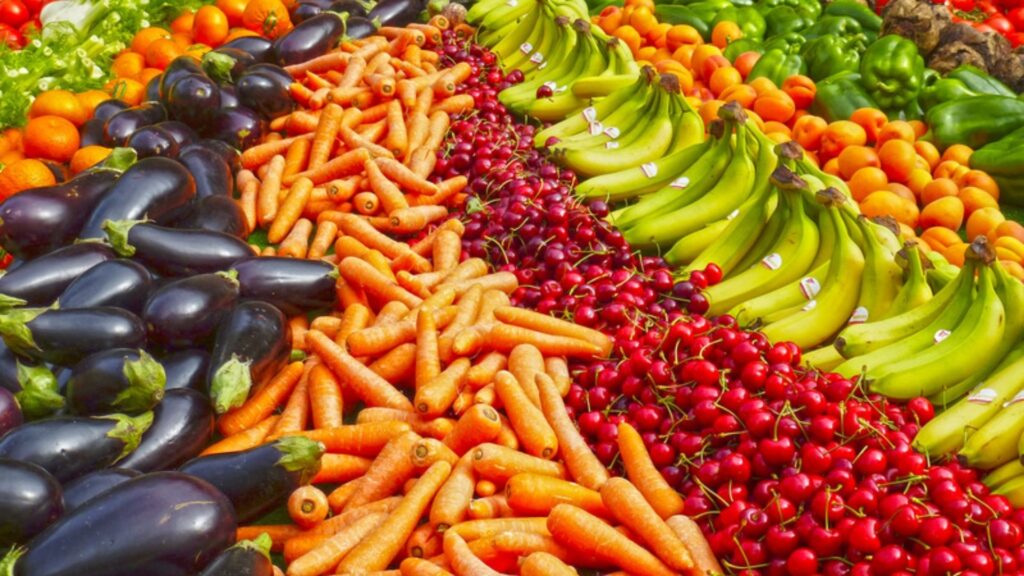White House Wants To Bring Free School Meals To Another 9 Million Students
In his pledge to end child hunger, President Biden wants to provide an additional nine million school children with access to free school meals by 2032.
For nearly two full school years during the pandemic, every single American public school student had access to free school meals, a plan that ended up having a significant impact on child hunger. When congress failed to reinstate that program last spring, many criticized the decision. But following the push to make universal free meals a permanent act in schools, the White House is now promising to give nine million more students access to free food.
The Biden Administration announced this plan within their outline for the upcoming conference for the Strategy on Hunger, Nutrition, and Health. Biden pledges to work with Congress to expand access to free school meals for at least nine million more children by 2032. Additionally, his administration strongly supports and is urging the reinstatement of the Summer-EBT program, which gave families funds to pay for food during those off-school months.
The Summer Pandemic Electronic Benefits Transfer program distributed funds to more than 36 million families in 2021 to pay for groceries. Families living in districts that qualified for free school meals under federal guidance would receive money in the form of EBT cards to use at grocery stores. The act was extended this past summer, but its status for the 2023 summer, up till now, remains unclear – but given Biden’s support, it will likely be enacted again.
Support for increasing access to free school meals comes at a time when more and more data shows how crucial these pandemic-era meals were for millions of American children. Save The Children estimates that about 17 million kids struggle with hunger in the US. To put that into perspective, just under 50 million kids attend public schools.
In many cases, breakfast and lunches that schools offer are many children’s only chance to eat during the day. For this reason alone, free school meals can be crucial to this demographic. The U.S. Department of Agriculture recently released data on food insecurity, showing how much pandemic-era free school meals helped.
From this time during 2020 and 2021, food insecurity drastically decreased. Understanding this, and the major impact free school meal waivers had on this finding, advocates from all walks of the nation urged Congress to reinstate the program. Ultimately, they extended these waivers for certain districts under income qualifiers but failed to renew a universal plan.
Furthermore, Biden’s plan for free school meals is part of his larger initiative to end hunger and encourage healthier eating habits and physical fitness. Documentation released last month on one of the initiatives the President is set to launch is said to encourage this under his proposed Food Compass. Questionable to some, this program suggests what foods Americans should eat more of, and which ones to cut back on.

According to the Food Compass, many processed sugary cereal are weighted healthier than items like eggs. It also suggests that foods high in carbs may be healthier than high-fat foods like cheeses and beef. For now, it is unclear whether or not the Biden administration will use this guideline to push for changes in food products offered in free school meals.



